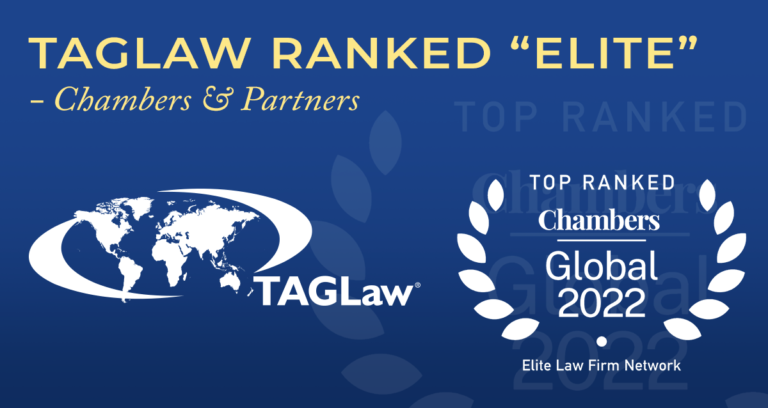With the Isle of Man’s third lockdown coming to an end, all adults over the age of 20 and those who are clinically vulnerable aged 16 and up have been invited to be vaccinated against Covid-19. With vaccination programmes steaming ahead across the world, there has been debate around whether vaccination ought to be compulsory in certain occupations, questioning whether “no jab” can really mean “no job”.
We have summarised below some of the main concerns and considerations for employers and employees alike:
Is the vaccine a legal requirement?
- No – The Public Health Protection (Coronavirus) Regulations 2020, made under the Public Health Act 1990, govern the Isle of Man’s response to the Covid pandemic. This includes the closure of premises, testing of potentially infected persons and restrictions on movement, among other things. However, there is nothing within these regulations that requires individuals to receive the vaccine.
Can the vaccine be a condition of an offer of employment?
- This is dependent on the practical considerations for individual employers. Difficulty may arise in requiring proof of vaccination under data protection regulations. Vaccination status comes under health information, also known as ‘sensitive personal data’, therefore employers must have a lawful basis for requiring and processing this data.
Can unvaccinated staff be prevented from coming to work?
- Generally, it would be difficult to justify refusing entry to the workplace, particularly given most employers’ expectation that employees must continue good hygiene practices regardless of an employee’s vaccination status. Clear guidance should be provided to employees before reopening a business, including policies for best practice going forward and means of sharing concerns or queries.
- Government guidance has suggested that employers should discuss suitable arrangements with employees if they consider themselves vulnerable or live with someone who is vulnerable and do not feel comfortable returning to work. This may include continuing to work from home or a phased return to work.
Can employees face disciplinary action for refusing the vaccine?
- This will depend on the job role and the circumstances in which the employment is carried out. Generally, an employee has a duty to comply with their employer’s reasonable instruction. However, it may not always be considered that receiving a vaccination is a reasonable instruction for employees, depending on what their duties and interaction with others looks like.
- Employers who wish to insist on vaccination may seek to argue reasonable instruction for the purposes of protecting health and safety. However, there are complexities that would need to be considered.
- It may not be reasonable in all job roles to require vaccination, so it will be dependent on the circumstances and that particular workplace context. For example, is there frequent interaction with vulnerable clients on a face-to-face basis? Are colleagues vulnerable? Can employees continue working remotely?
What can employers do?
- Encourage employees to consider the vaccine, rather than insist they receive it. Providing proper information and guidance to allow an informed decision will be preferable among employees and may encourage uptake.
- Consult with employees. If there are concerns, ensure a proper policy is in place for them to be heard and communicate clearly the business’ best practices, including hygiene and cleaning schedules.
Vaccination is only one part of helping prevent further Covid outbreaks, and it remains a point of importance for employers to ensure they are compliant with relevant Government guidance and hygiene practices in the workplace. Alongside employment law compliance, discussions between employers and employees around the requirement of the vaccine must also factor in data protection and human rights legislation.
This article was inspired by an ELA presentation by Sarah Gilzean and Jane Russell, and represents a summary of points discussed, with reference to Manx legislation (as appropriate).
For further information or assistance in employment matters, please contact Leanne McKeown in the first instance.






